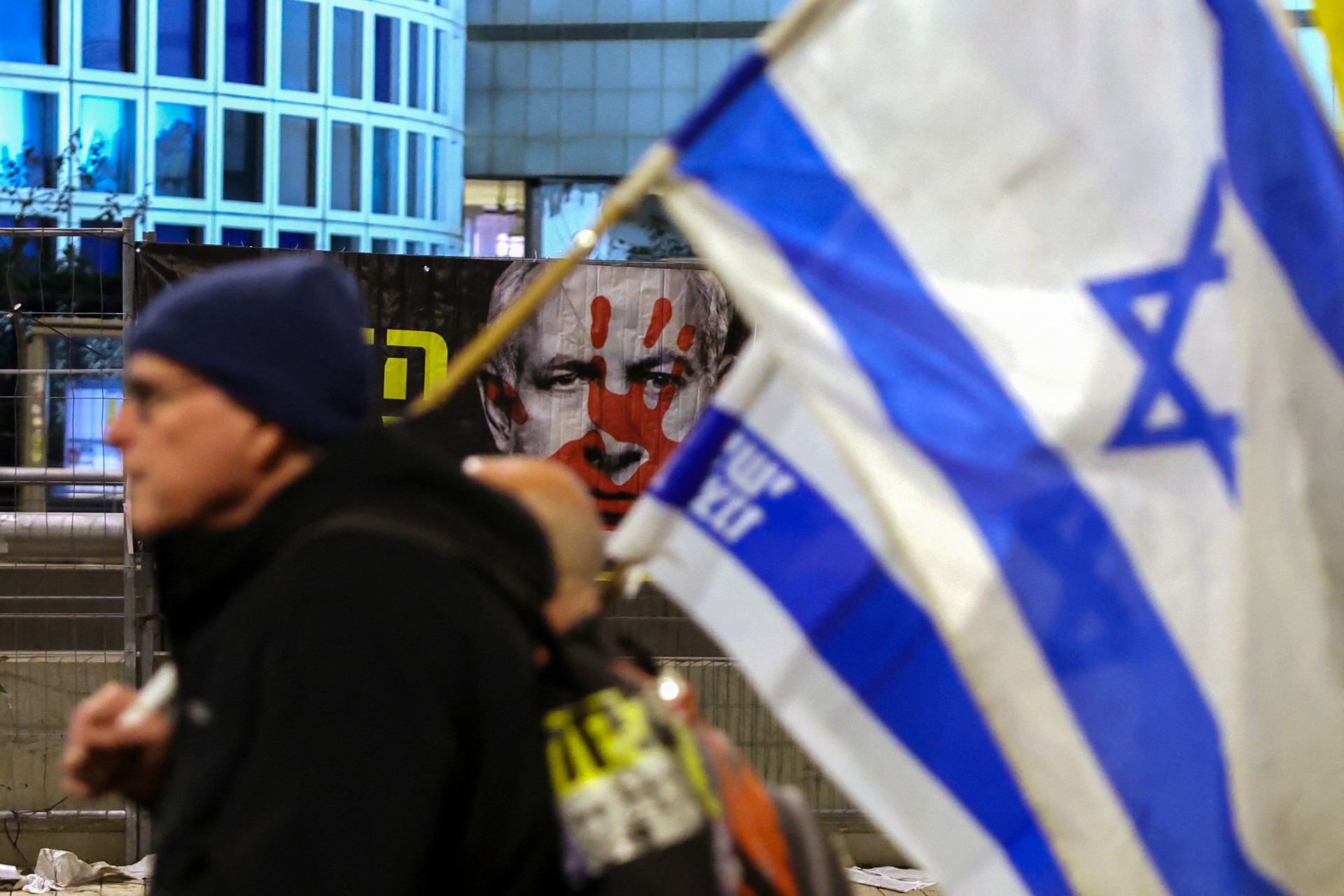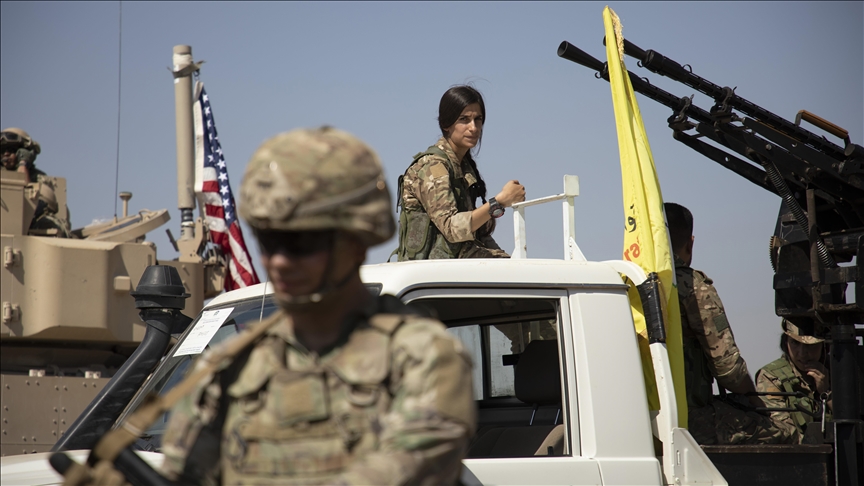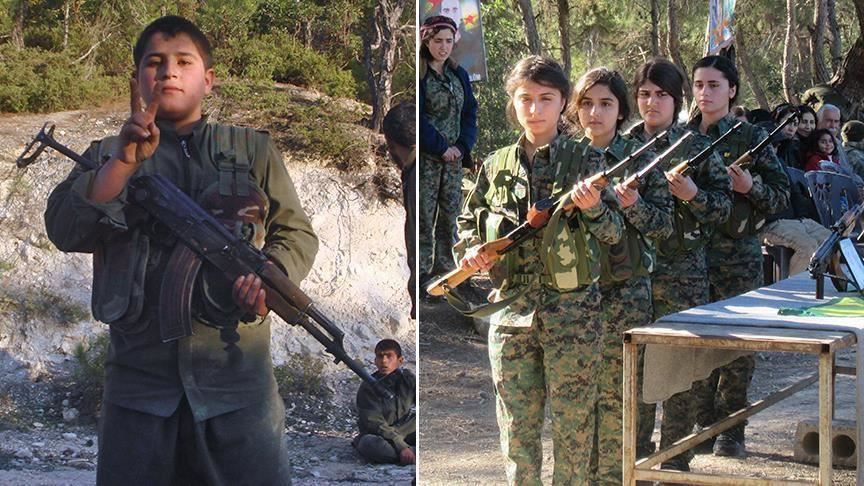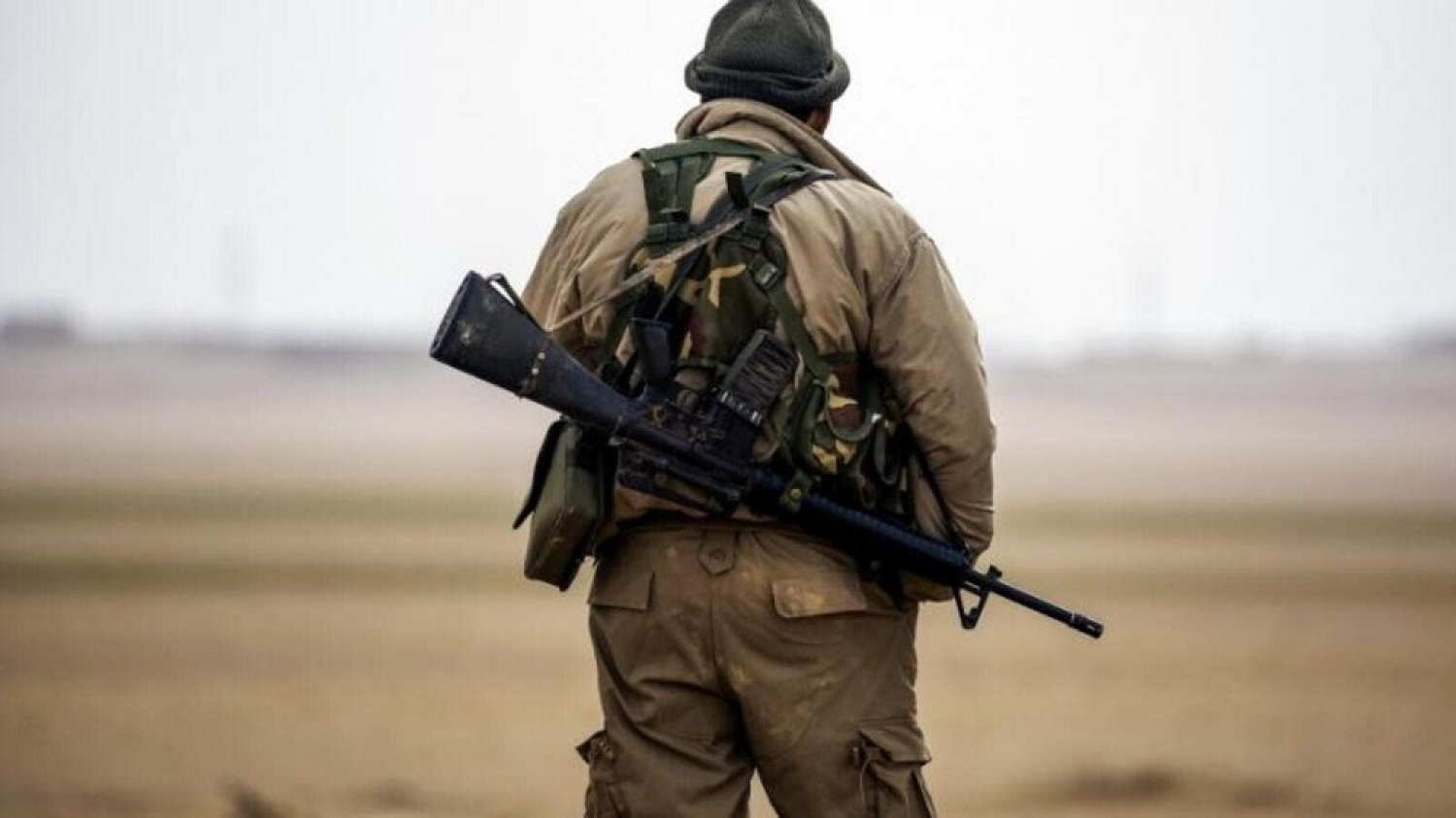
An article published in The Times of Israel by Middle East expert Michael Arizanti has criticized growing support for the terrorist organization PKK among Israeli politicians, researchers and activists.
Arizanti labeled the support a "moral and strategic failure," arguing that it threatens regional stability and undermines counterterrorism principles.
Arizanti described the PKK as a terrorist organization recognized by the United States, the European Union, and international security organizations, highlighting its history of violence, human rights abuses and recruitment of child soldiers.
Recently, two Iraqi border guards named Ali Ramazan and Mehvan Naji were killed by PKK terrorists in the Batifa district of Zakho in Duhok, Iraq. That also shows the PKK is not only a threat to Türkiye but also to Iraq and Syria in the Middle East.
Foreign Ministry spokesperson Oncu Keceli expressed deep sorrow over the deaths, offering condolences to the Iraqi people and praying for the souls of the fallen soldiers.
In a statement shared on social media, Keceli emphasized the ongoing threat posed by the PKK to both Turkish and Iraqi national security. He also denounced the terrorist group’s violation of Iraq’s sovereignty, stating that the recent attack once again revealed the true nature of the PKK.
"This latest attack once again exposes the terrorist organization’s true face," Keceli said, reinforcing Türkiye’s stance on combating the PKK. "We will continue to fight terrorism alongside Iraq," he added.

In the article, Arizanti emphasized the PKK’s systematic violations of human rights, particularly its recruitment of children as young as eight.
He stated, "These children are not merely participants but are transformed into weapons of terror, used as fighters, suicide operatives, and intelligence gatherers."
He also noted that the PKK’s terrorist acts in Türkiye and the region have caused significant humanitarian suffering, including over 40,000 civilian deaths and the displacement of approximately 3 million people, primarily in southeastern Türkiye.
"Each act of violence perpetuates a cycle of revenge and destruction," Arizanti wrote.

The article highlighted the parallels between the PKK and other groups, emphasizing their use of systematic violence and child recruitment.
Arizanti argued that backing the PKK while condemning others reveals "a dangerous hypocrisy" in counterterrorism approaches.
He stated that instrumentalizing terrorism for geopolitical purposes betrays principles of justice and human rights.
Recently, Israeli Foreign Minister Gideon Saar held a phone call with Ilham Ahmed, a so-called senior ringleader of the PKK/YPG terrorist group, according to a report from Israel Hayom. According to a report by the Israeli media outlet Jerusalem Post, PKK/YPG members also reached out to Israel, requesting both aid and protection.
Israel’s state broadcaster KAN report also mentions the establishment of a communication channel between Israel and the PKK/YPG, citing an unnamed PKK/YPG terrorist.
Details about the nature and purpose of this channel remain unknown for now, as Türkiye monitors the situation.

Arizanti warned that support for the PKK could harm Israel's international credibility as it's not looking good as now due to its genocidal actions in Gaza and Lebanon and lead to diplomatic repercussions.
"It would betray the fundamental principles of counterterrorism and human rights that Israel claims to uphold," he wrote, adding that true security lies in rejecting all forms of political violence.